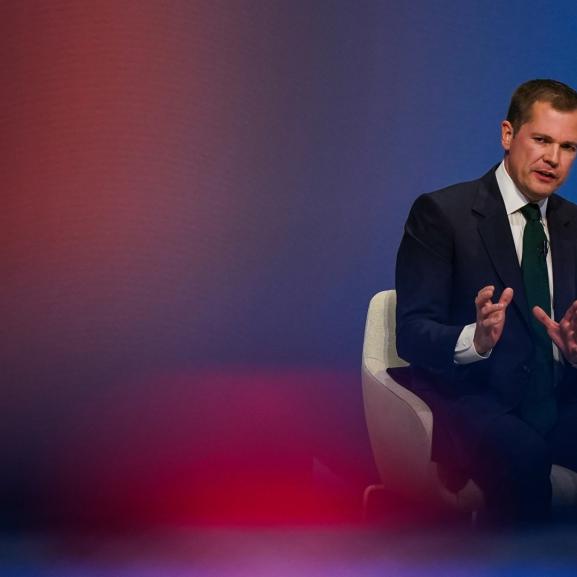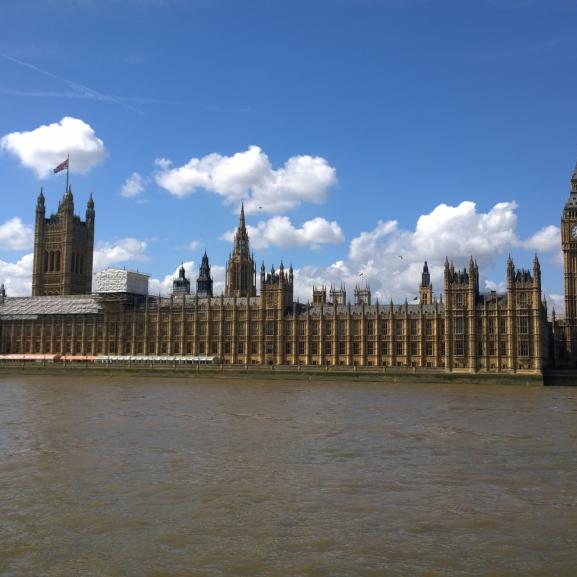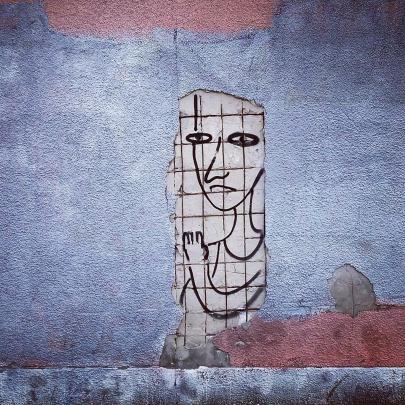Guantanamo anniversary: 10 Years of Injustice
11 January 2012 marks the tenth anniversary of the first transfer of terror suspects to the Guantánamo Bay detention facility. Some 779 detainees, of whom 171 still remain incarcerated there, have experienced the ordeal of indefinite detention without charge or trial. Despite having been cleared for release in 2007, British resident Shaker Aamer is among the current detainees.
Guantánamo has come to represent a decade-long assault on the framework of human rights by governments claiming to be leading champions of freedom and human dignity, typified by systems of indefinite detention and credible evidence of torture and other ill-treatment. The injustice did not start and end at Guantánamo; away from the main glare of the media spotlight, individuals have been detained by security agencies in countries where they have been tortured — from Pakistan and Egypt, to Uzbekistan. Terror suspects have been rendered across borders for interrogation and held in US-run CIA "black sites" far from the reach of justice and under the guise of the 'war on terror'.
Thousands of individuals who have been subjected to human rights violations in Guantánamo and elsewhere remain without justice.
UK Complicity in abuses
Long-running allegations of UK complicity in the mistreatment of detainees overseas have plagued the British government. These allegations, placed firmly into the public domain through numerous court cases and the media, range from detailed accounts by individuals of their detention and torture overseas with the knowledge and involvement of British intelligence agents, including agents' presence or participation in interrogations; information-sharing in individual cases where the government knew or should have known there was a serious risk of torture; to complicity in the US-led rendition and secret detention programme. Many of these individuals, picked up in various countries around the world, were eventually transferred to Guantánamo Bay.
The Prime Minister has made clear his own desire to draw a line under the allegations of UK complicity – launching a Detainee Inquiry in 2010 which has yet to commence its work. This Inquiry continues to be pointed to by government officials as something of a 'solution' in response to further damning evidence that has emerged, including the recent revelations of involvement in the rendition of individuals to Libya.
However, the protocol and terms of reference for the Inquiry have been widely criticised - by Freedom from Torture and others - and in its current form it will be unable to properly fulfil the UK's human rights obligations. The victims' right to justice have been effectively overlooked. Last week, further human rights experts including UN mandate-holders and leading academics in international law added their voices to the survivors, NGOs and lawyers who have urged the government to rethink the powers to be given to the Inquiry and ensure meaningful participation by victims.
On this sad anniversary, the UK government should reflect on the positive impact a decisive step towards achieving accountability could have on other governments who stand accused of serious human rights violations and end the denial of justice to the victims and families who have waited so long.






